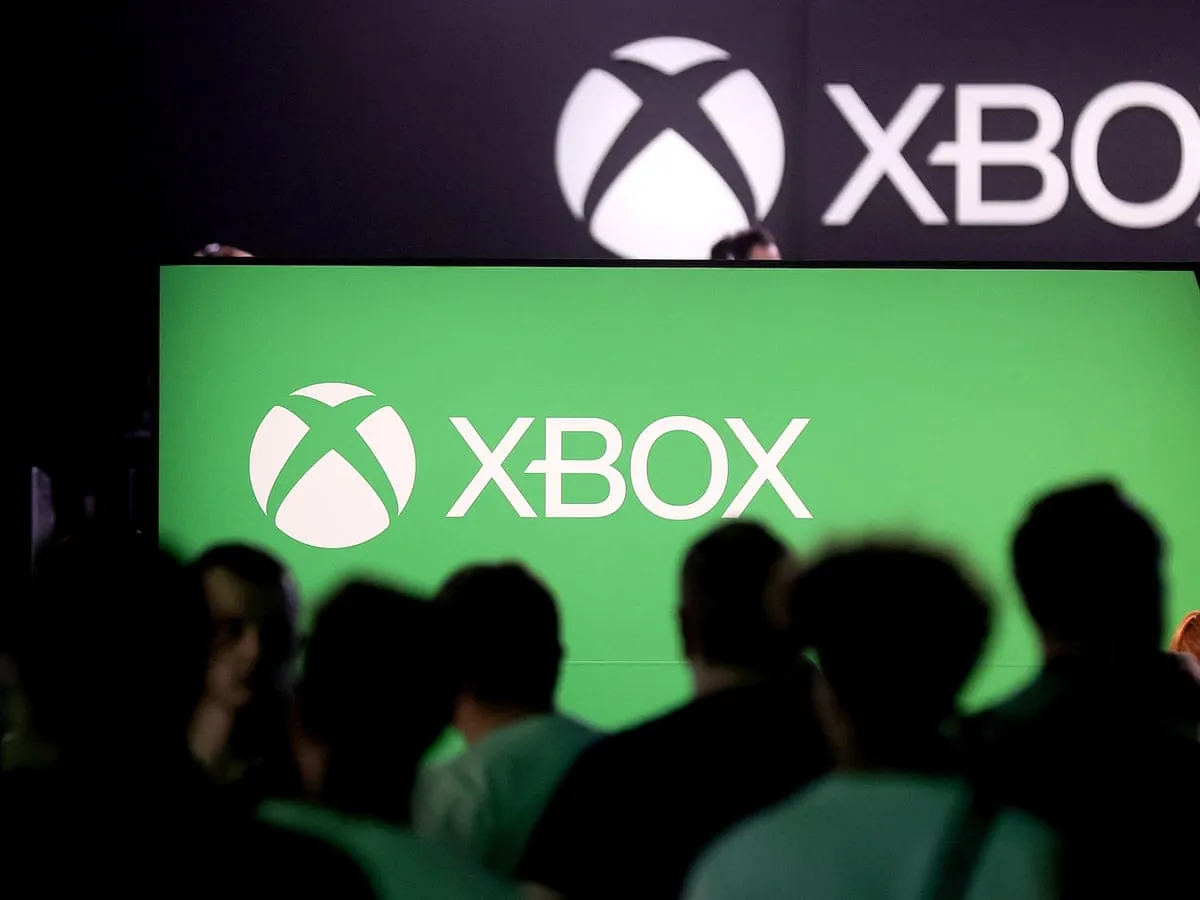
The Federal Trade Commission (FTC) has accused Microsoft of misrepresenting its plans for Activision Blizzard following significant layoffs within the company. This controversy arises shortly after Microsoft laid off nearly 1,900 employees in its video game division, which now includes the recently acquired Activision Blizzard unit. The FTC’s complaint highlights a contradiction between Microsoft’s current actions and its previous assurances to the court that Activision Blizzard would operate independently post-merger. This move has raised eyebrows, especially since Microsoft had indicated that the merger would not result in job losses, a statement now under scrutiny due to the recent layoffs.
The FTC’s concern extends beyond the layoffs themselves, focusing on the implications these job cuts might have on the broader competitive landscape and the regulator’s ability to enforce remedies. The FTC is still challenging the acquisition on antitrust grounds, fearing that the merger, valued at $69 billion, could stifle competition within the gaming industry. If the FTC’s challenge is successful, it could lead to a range of outcomes, including the potential divestment of parts of Activision Blizzard or even a complete block of the merger.
Microsoft, in response, has defended its actions by stating that the layoffs were in line with broader industry trends and partly reflected plans that Activision Blizzard had already been considering independently. The company also emphasized changes to the deal structure required by the UK’s Competition and Markets Authority, which affected the acquisition’s scope, particularly regarding cloud streaming rights in the United States. Furthermore, Microsoft pointed to a binding agreement with Sony to keep the popular Call of Duty series on PlayStation under terms reportedly more favorable than what Sony had previously enjoyed.
This unfolding situation marks a significant chapter in the saga of one of the most substantial acquisitions in video game history. It sheds light on the complex interplay between large corporate mergers, regulatory oversight, and the commitments companies make during the merger review process. The outcome of this dispute could have lasting implications for the gaming industry, potentially influencing how future mergers and acquisitions are approached and scrutinized by regulatory bodies.
- SEO Powered Content & PR Distribution. Get Amplified Today.
- PlatoData.Network Vertical Generative Ai. Empower Yourself. Access Here.
- PlatoAiStream. Web3 Intelligence. Knowledge Amplified. Access Here.
- PlatoESG. Carbon, CleanTech, Energy, Environment, Solar, Waste Management. Access Here.
- PlatoHealth. Biotech and Clinical Trials Intelligence. Access Here.
- Source: https://www.talkesport.com/news/ftc-files-complaint-against-microsoft-over-xbox-layoffs-post-activision-blizzard-deal/



